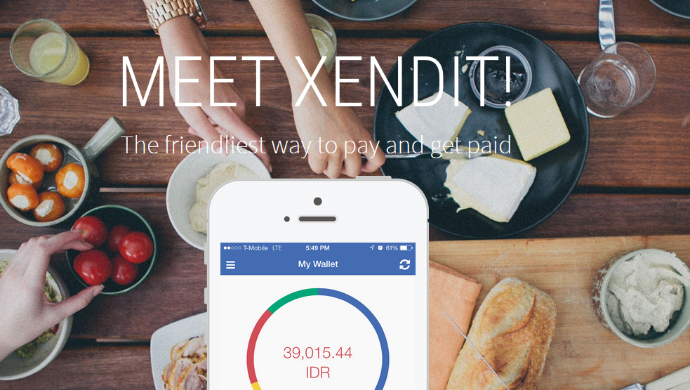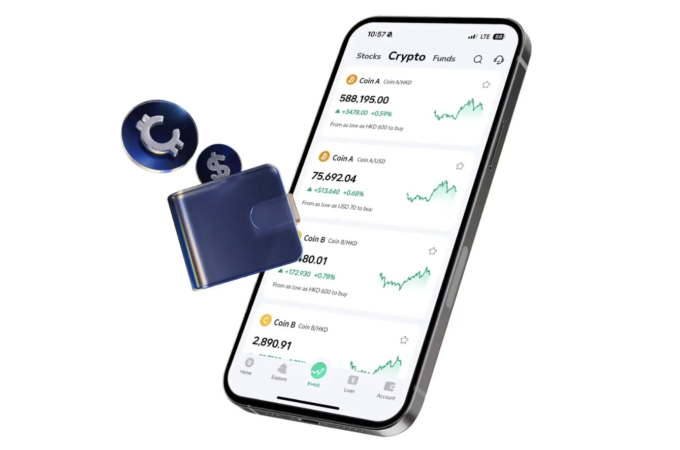
Mobile wallet Xendit targets Indonesia’s P2P payment market
E27.CO: Currently in beta, the launched version will allow users to connect their debit cards, send funds to friends and withdraw wallet funds to a bank accounts
Although BlackBerry Money hasn’t gained any traction in Indonesia, it hasn’t stopped other startups from aiming at the peer-to-peer payment segment with mobile based solutions. One of these companies is Xendit, a mobile wallet that not only stores credit (or funds) but also can be connected to a debit card account. We spoke with Founder Vivek Ahuja about Xendit’s optimism.
Currently, Xendit is in public beta mode, with the final version available next month, according to Ahuja. Available in both Android and iOS, he said when the transaction is larger than funds in the wallet, it can be withdrawn from a bank/debit card account to complete the transaction.
He said, “The launch version will allow users to connect their debit cards, send funds to friends, withdraw wallet funds to a bank account, and refer their friends to the product. The product will only support IDR to IDR transactions.”
Indonesia does’t have a peer-to-peer payment solution platform
When asked on why Xendit is catering to Indonesians, Ahuja answered, “When we interviewed customers throughout the world to develop this product, we were just shocked to hear about the norms of peer-to-peer payment for young, tech-savvy Indonesians. Despite the mobile solutions that you’ve already alluded to, Indonesians still resort to paying each other with cash, IOUs [I Owe You], and bank wire transfers.”
“We think we can succeed because we are going to be the only entrant focussed on making the peer-to-peer transfer experience as simple as possible – other peer-to-peer payment solutions in Indonesia have typically just been “features” added to other product offerings developed by telcos, banks, or device companies, not products in themselves,” he optimistically added.
On bringing the solution to Indonesia, Ahuja confirmed they are working with local financial institutions. Although preferring not the discuss the detail of financial partnerships, he commented, “Part of our value is that the value of our product will not be dependent on the user having a specific bank account.”
Xandit will focus on the 18-35 year old urban Indonesian demographic; they have a debit card and a smartphone, buy things online, and goes out with friends two to three times a week.
Future plans
What about Xandit’s business model? Ahuja explains, “Our business model right now is focussed on just acquiring customers and growing a large, dense network of peer-to-peer transactions. Only after that network is established, we can monetise the product in several different ways (either by creating a two-sided market, product expansion or geographic expansion).”





